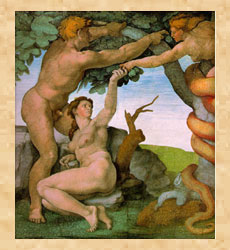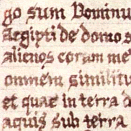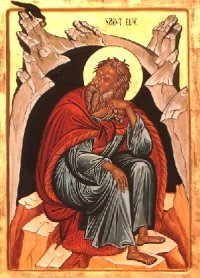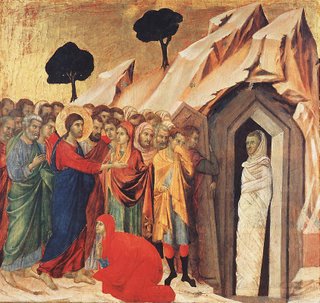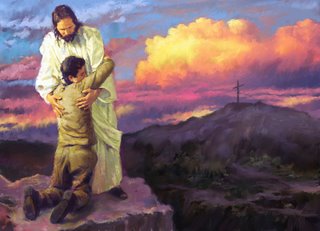 SS 232
SS 232
OLD TESTAMENT EXEGESIS: MINOR PROPHETS
Social Justice Issues in 8th Century BC
Israelite Prophecy (3 units)Felipe Fruto Ramirez, SJTBA
SS 332
ADVANCED OLD TESTAMENT EXEGESIS:
MINOR PROPHETS: Social Justice Issues in
8th Century BC Israelite Prophecy (3 units)Felipe Fruto Ramirez, SJTBA
Several class meetings in November, December and February will be arranged with the students; the rest of the semester will be devoted to individually guided research work in the library and online.This workshop course investigates the problem of social injustice in the 8th century BC Israelite society and studies the prophetic response and condemnation of it in Amos, Hosea, Isaiah, and Micah. A semantic analysis of some key words used by the prophets—e.g.,
mišpat, şedaqâ, etc.—will also be undertaken.
The students will be guided in their individual research project. They will be required to present orally the fruit of their research in class and in a term paper to be submitted at the end of the semester.
Course Bibliography: Albertz, R. “The Theological Controversies in the Social and Political Crisis of the Eighth Century” in
A History of Israelite Religion in the Old Testament Period, SCM Press, 1994) 156-86; Hillers, D. R.,
Micah, Hermeneia, Fortress Press, 1984. Mays, J. L.,
Amos, OTL series, SCM Press: 1969. Paul, S. M.,
Amos, Hermeneia, Fortress Press: 1991. Simian-Yofre, H.,
Osea [Spa.], Almendras, 1993. Seitz, C. R.,
Isaiah 1-39, Interpretation series, 1993. Wildberger, H.,
Isaiah 1-12, Continental, Augsburg Press: 1980/91. Wolff, H. W.,
Hosea, Hermeneia, 1965/74. Wolff, H. W.,
Micah, Continental, Augsburg Press: 1982/90
Prerequisite: Hebrew I and II
 COURSE OFFERINGS
COURSE OFFERINGS







